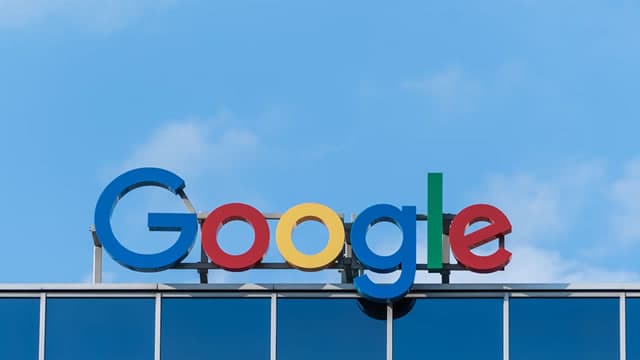Google's Search business entering new phase as AI tools reshape user behavior, undermine legacy metrics

Summary
Google's search business is entering a new AI-driven phase, according to Bank of America analysts. This shift will move monetization away from traditional cost-per-click advertising towards subscriptions and cost-per-action models as AI reshapes user behavior. This transition presents both opportunities and challenges for Google, requiring careful monitoring of new revenue streams and user adoption. Investors should track AI monetization progress and the evolving advertising revenue mix to assess GOOG's long-term growth potential in this competitive landscape.
Google's Search Business Enters New AI-Driven Era: Implications for Monetization and Investors
Google's foundational search business is on the cusp of a transformative phase, largely propelled by the rapid advancements in artificial intelligence. This shift is not merely an incremental update but a fundamental reshaping of how users interact with search engines and, critically, how that engagement is monetized. Analysts at Bank of America have highlighted this pivotal transition, suggesting that the traditional metrics and revenue models that have long defined Google's success are now subject to significant evolution.
The AI-Driven Evolution of Search
The integration of sophisticated AI tools, such as large language models (LLMs) and generative AI, is fundamentally altering the search experience. Instead of simply providing a list of links, AI-powered search is moving towards delivering direct, synthesized answers, personalized content, and interactive conversational experiences. This evolution means users may spend less time clicking through multiple search results and more time engaging with AI-generated summaries or direct responses within the search interface itself. This behavioral shift has profound implications for the advertising models that have historically underpinned Google's revenue.
Shifting Monetization Models
Bank of America analysts anticipate a significant pivot away from the legacy cost-per-click (CPC) advertising model. While CPC has been the bedrock of Google's advertising revenue for decades, the new AI-centric paradigm necessitates a broader and more diversified monetization strategy. The expectation is a move towards models that include subscriptions for premium AI features, enhanced search capabilities, or ad-free experiences. Furthermore, a shift towards cost-per-action (CPA) transactions is foreseen, where Google could earn revenue based on direct conversions, such as purchases, bookings, or sign-ups, facilitated by AI-driven recommendations or direct integrations within the search results.
This diversification could also involve new forms of sponsored content that are seamlessly integrated into AI-generated responses, or partnerships that allow for direct commerce within the search environment. The challenge for Google will be to balance user experience with effective monetization, ensuring that AI enhancements do not inadvertently cannibalize existing ad revenue streams without sufficient new ones to compensate.
Market Context and Implications for GOOG
This strategic pivot comes at a time when competition in the AI space is intensifying, with rivals like Microsoft (MSFT) aggressively integrating AI into their search offerings (Bing) and other tech giants investing heavily in their own AI capabilities. Google's ability to successfully navigate this transition will be crucial for maintaining its dominant market share in search and sustaining its growth trajectory. The market will be closely watching for signs of successful monetization of AI features, user adoption rates of new AI-powered search experiences, and the impact on overall advertising revenue.
For investors, the implications are multifaceted. While the immediate sentiment around Google's AI leadership is positive, the long-term financial impact of this transition remains to be fully quantified. The potential for new, higher-margin revenue streams from subscriptions or CPA models could offset any decline in traditional CPC, but the execution risk is present. Investors should monitor Google's quarterly earnings calls for management commentary on AI monetization strategies, user engagement metrics for new AI features, and any shifts in advertising revenue composition.
Investment Insights
- Monitor AI Monetization Progress: Pay close attention to Google's disclosures regarding revenue generated from new AI-driven features, including subscription services or CPA models. This will be a key indicator of successful adaptation.
- Assess User Adoption: Track reports and company statements on user engagement with AI-enhanced search. High adoption rates are crucial for the long-term viability of new monetization strategies.
- Evaluate Advertising Revenue Mix: Analyze the breakdown of advertising revenue. A healthy transition would show a gradual shift from pure CPC to a more diversified mix, potentially with higher overall revenue per user.
- Competitive Landscape: Keep an eye on how competitors are monetizing their AI search initiatives. Google's strategy will need to remain agile and competitive.
- Long-Term Growth Potential: While there may be near-term uncertainties, the successful integration and monetization of AI could unlock significant new growth avenues for Google, reinforcing its position as a leader in the digital economy.
This new phase represents both a challenge and a significant opportunity for Google. Its ability to innovate and effectively monetize AI within its core search business will determine its continued success in the evolving digital landscape.